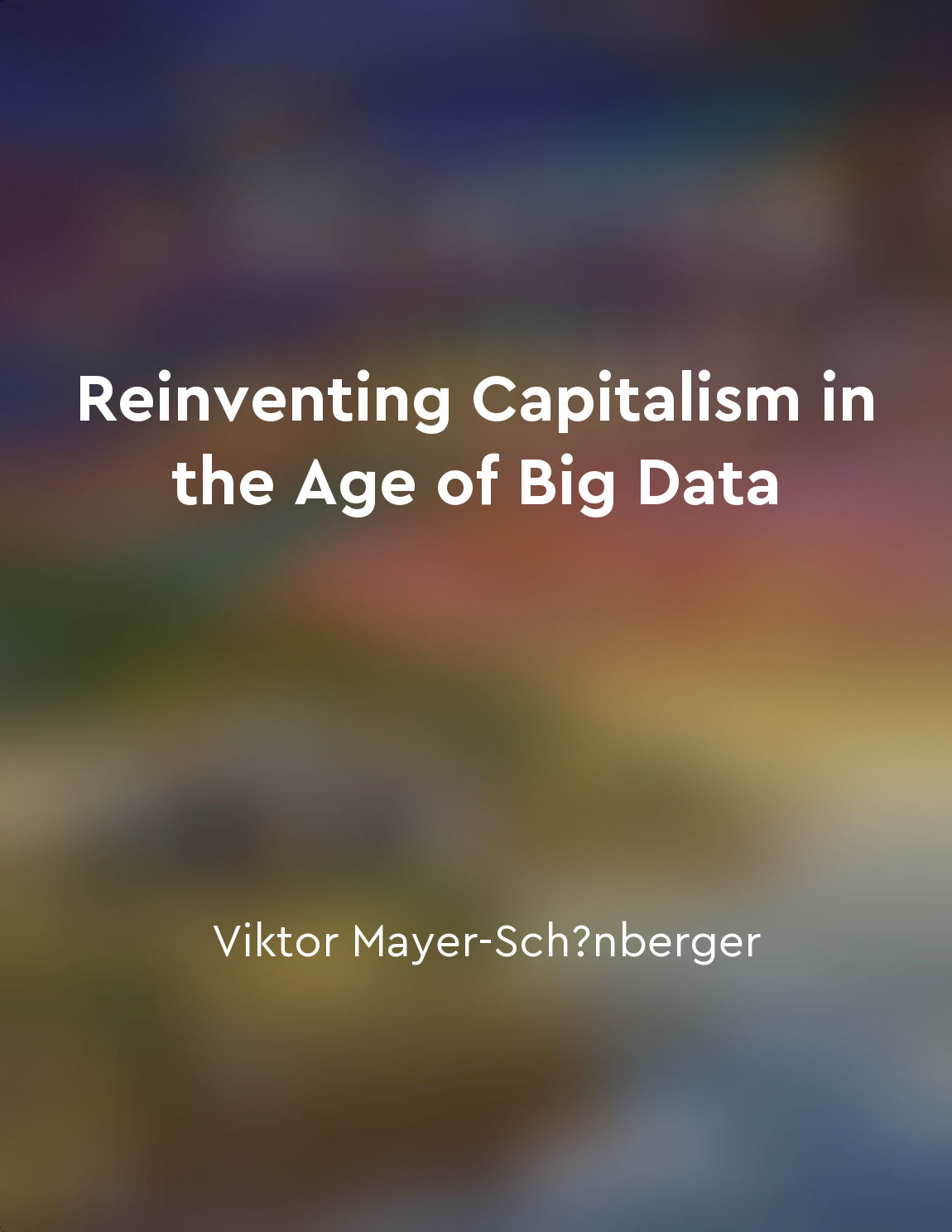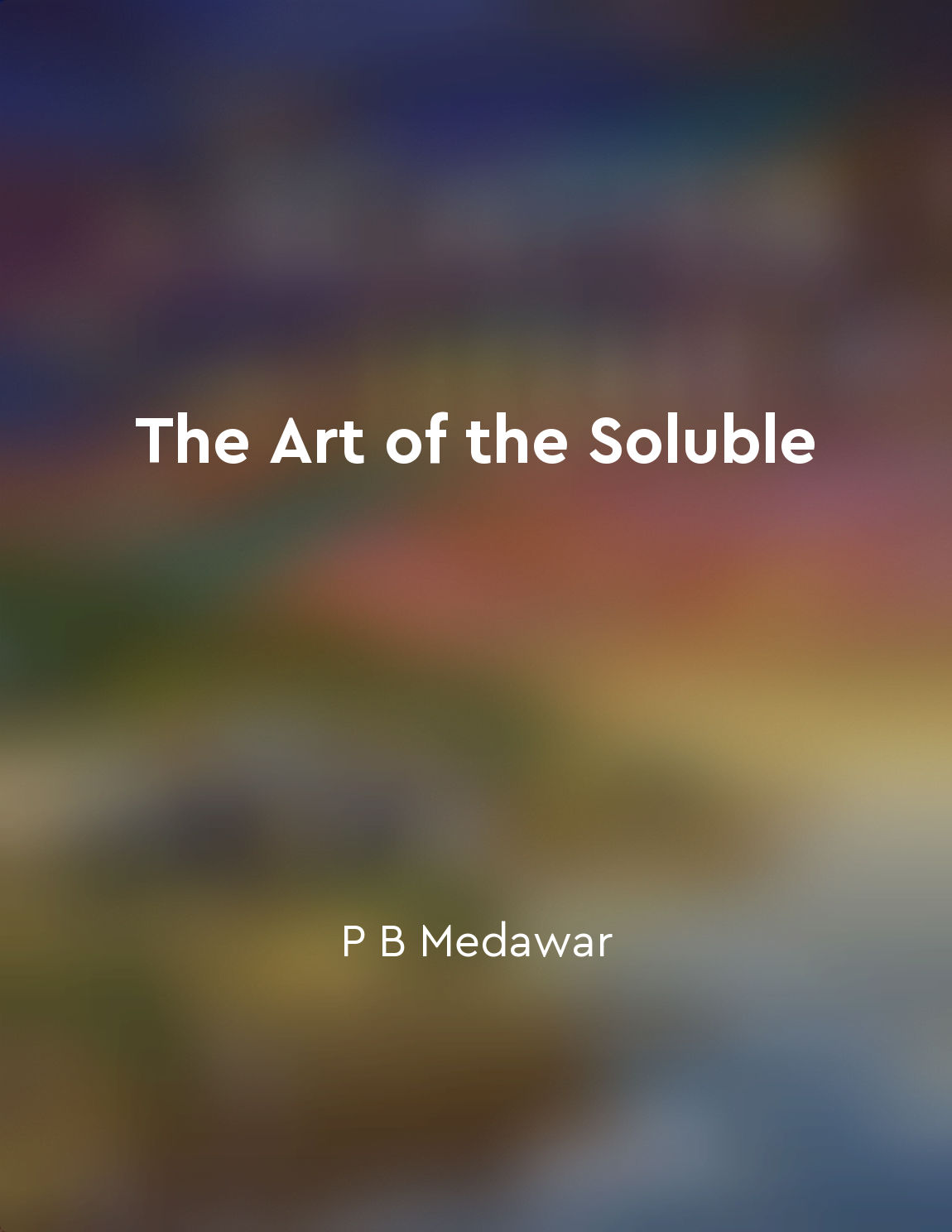Skepticism is necessary in the digital world from "summary" of The Internet of Us: Knowing More and Understanding Less in the Age of Big Data by Michael P. Lynch
In our digital age, where information is constantly at our fingertips, it is easy to assume that we know more than ever before. The internet provides us with a wealth of knowledge, from news articles to academic papers, all just a click away. However, this abundance of information does not necessarily equate to understanding. In fact, the opposite may be true. As we consume more and more data, we risk losing our ability to critically evaluate it. Skepticism is essential in navigating the digital world because it allows us to question the accuracy and reliability of the information we encounter. With the rise of fake news and misinformation online, it is more important than ever to approach information with a critical eye. We must be wary of falling into echo chambers, where our beliefs are reinforced by algorithms that show us only what we want to see. Furthermore, our reliance on big data and algorithms to make decisions for us can lead to a false sense of security. Just because a computer says something is true does not make it so. We must remember that behind every piece of data is a human being who has made choices about what to include and what to leave out. These choices can be influenced by biases and prejudices, which can impact the accuracy of the information we receive. By cultivating a skeptical mindset, we can guard against the dangers of misinformation and manipulation in the digital world. We can take control of our own understanding, rather than passively accepting whatever information is fed to us. Skepticism forces us to question, to probe, to seek out the truth beyond the surface level of data. It is only through this critical lens that we can truly know more and understand less in the age of big data.Similar Posts
Cultivate logical reasoning skills
To sharpen your thinking skills, it is important to cultivate logical reasoning skills. This involves developing the ability to...
Idea: Civil society influences public debate
The development of civil society plays a crucial role in shaping public debate within a democratic society. Civil society encom...

Develop a strong sense of self
To think independently, you must first develop a strong sense of self. This means understanding who you are, what you value, an...
The need for empathy and understanding will be essential
Empathy and understanding will be critical in the tumultuous years ahead. As society becomes more interconnected and diverse, t...

Regulation is needed to protect individuals' data rights
In today's data-driven world, individuals are constantly generating valuable information through their online activities. This ...
Tocqueville reflects on the challenges of maintaining liberty in a democracy
Tocqueville's reflections shed light on the difficulties inherent in preserving freedom within a democratic society. He recogni...
Online searches reflect societal trends
In the age of the internet, people reveal their true selves in the privacy of their online searches. These searches serve as a ...

Knowledge is an everevolving entity
The idea that knowledge is an ever-evolving entity is fundamental to our understanding of the world around us. It suggests that...
Cultivate a sense of purpose
When we talk about cultivating a sense of purpose, we are essentially discussing the importance of having a clear direction or ...
